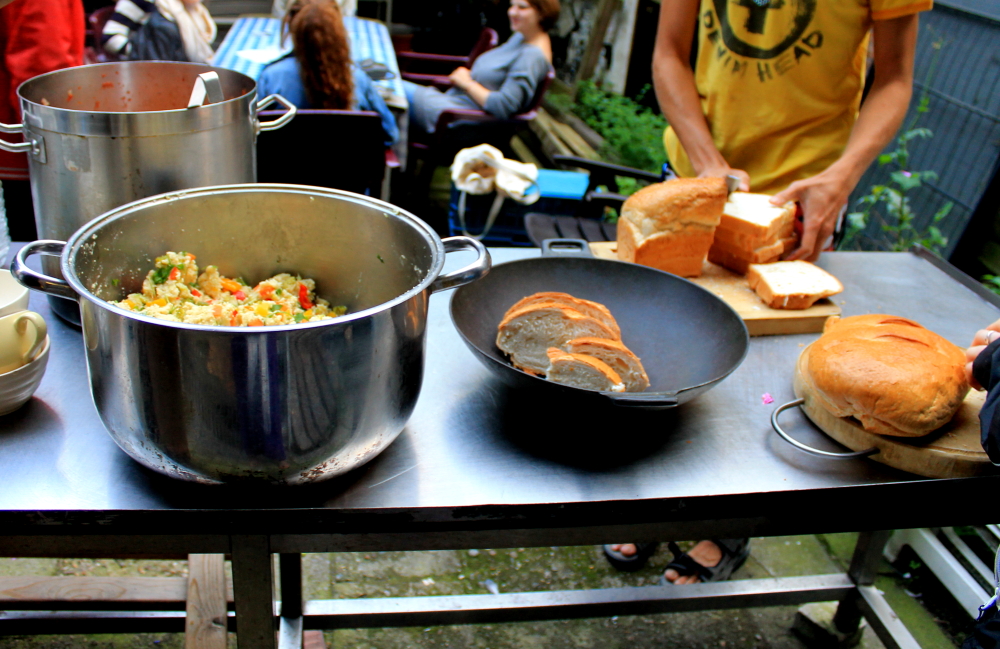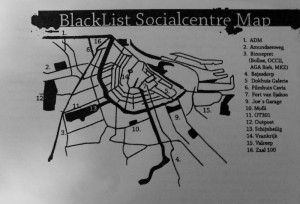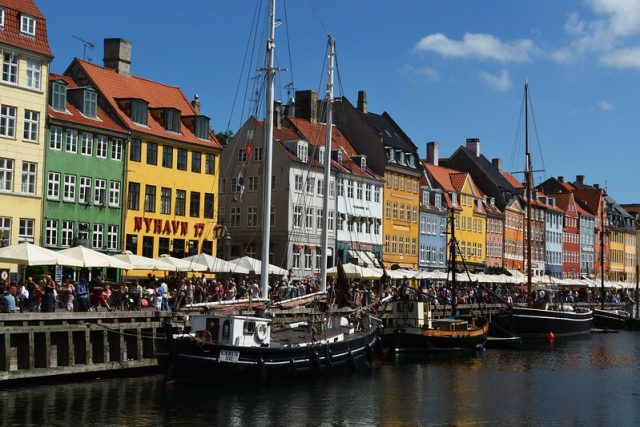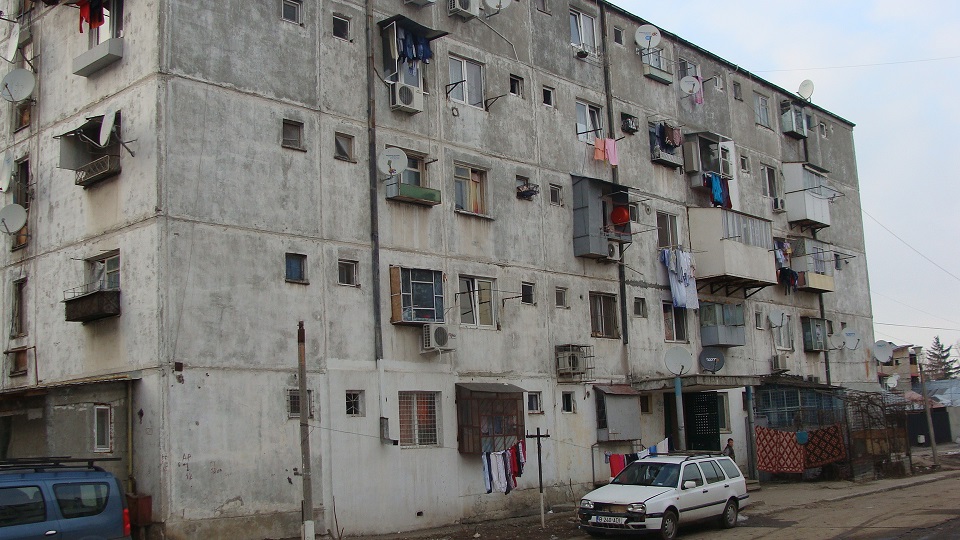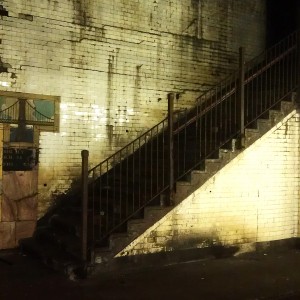When one door closes, another door opens. Well, that’s hardly ever the case, but who gives a shit anyway? Certainly not the Amsterdam squatter who didn’t hold a key to any front door in the first place.
The Dutch squatting ban has fueled countless discussions over the past two years. Squatters have been around in The Netherlands as the front runners of social action since the early 1960s. As part of a broader political force, the squatting movement in Amsterdam in particular was a direct response to the tremendous housing shortage the city still faces to this date, characterised by high rents and a large number of vacant or abandoned properties.
Amsterdam’s squatting scene today, however, is not exactly what it was back in its heyday in the 1980s, as the movement has undergone various transformations over the years. It has experienced a shrinkage in its membership, considerable loss of public support, and a somewhat radical de-politicisation since it is no longer as radically politically oriented. with politics: many squatters are either students or have a job on the side, thus limiting their involvement. Some even believe that squatting has become some sort of a commodity, an acquired lifestyle that corresponds well to the anarchist identity of the squatter. In 2010, the new government in its effort towards imposing control over the Dutch capital (a cesspool of corruption and crime, a Disney world for ‘those’ people as fox news once put it) drew the last straw, and squatting was swiftly banned across the country and squatters, who had enjoyed legal protection for more than three decades, were announced criminals.
What the ban has entailed for the Dutch squatting movement, apart from the evictions of the squatters and rising tensions between squatters and authorities, has been an interesting shift in the function of squats, from living spaces to community art, to cultural and political centers. This new multi-functional approach has helped some squatters acquire legal titles to their buildings. Squats have become alternative and low-key hangouts of a wide variety of people, from students and expats to former political activist. The food is nice, the beer’s cheap, and the atmosphere is ‘gezellig’! Besides, for anyone remotely politically inclined, they are nice hideouts from the indifferent outside world, where strong opinions rooted in sharp political ideologies remain, stimulating interesting discussions about anything and everything.
So next time you’re sitting at home wondering what to do on a lazy afternoon in Amsterdam, drop by at a nearby squat for an inexpensive three-course vegan meal, watch the free screening of a movie, enjoy some live instrumental music, or shop at a second-hand market. Call me radical but I think a criminal offence has never been more awesome!
Need more information about where to find squats and what to find in them? Get your hands on the The Blacklist: a monthly guide to events in squats and social centres in Amsterdam, free to pick up at Het Fort Van Sjakoo (Jodenbreestraat 24).



